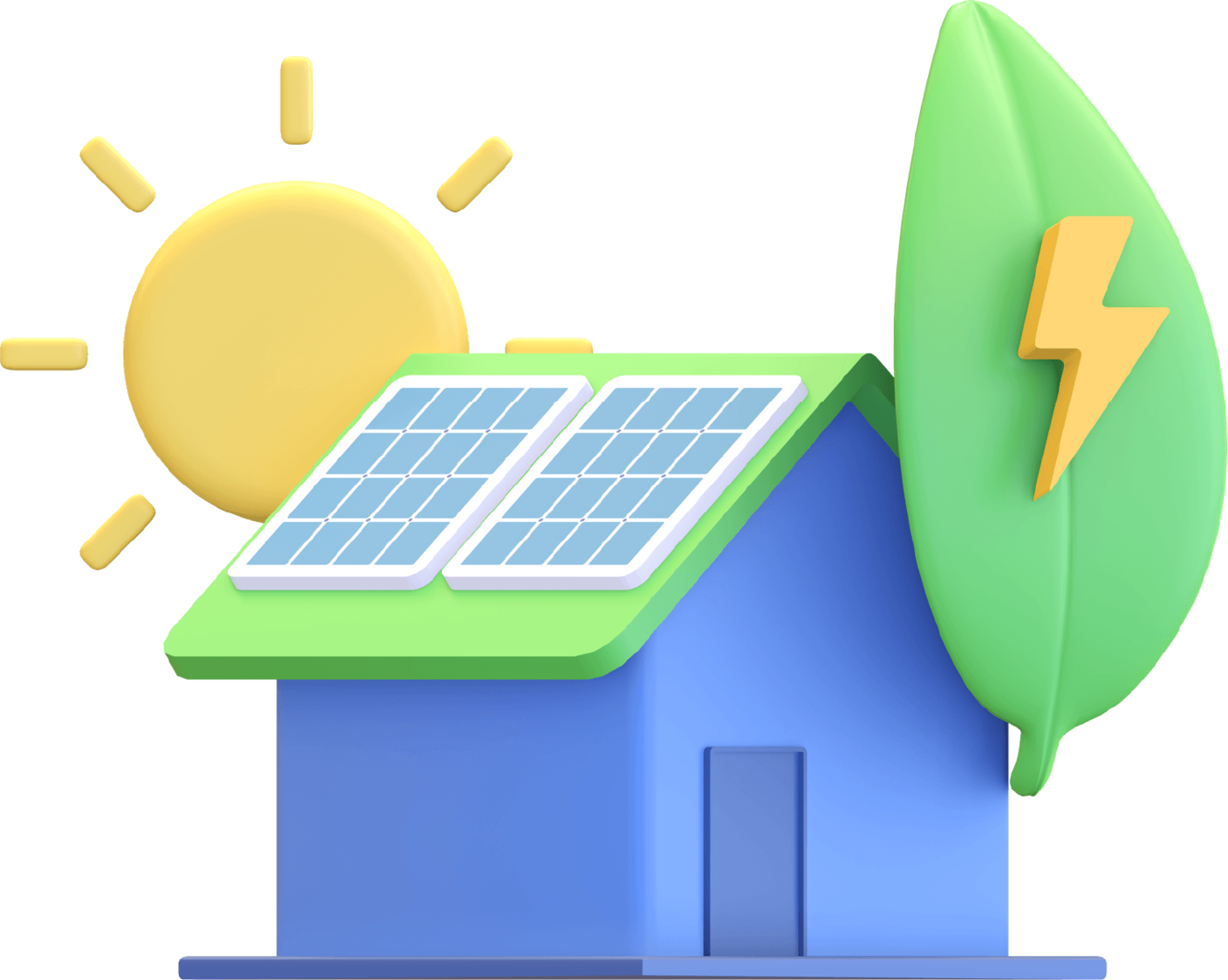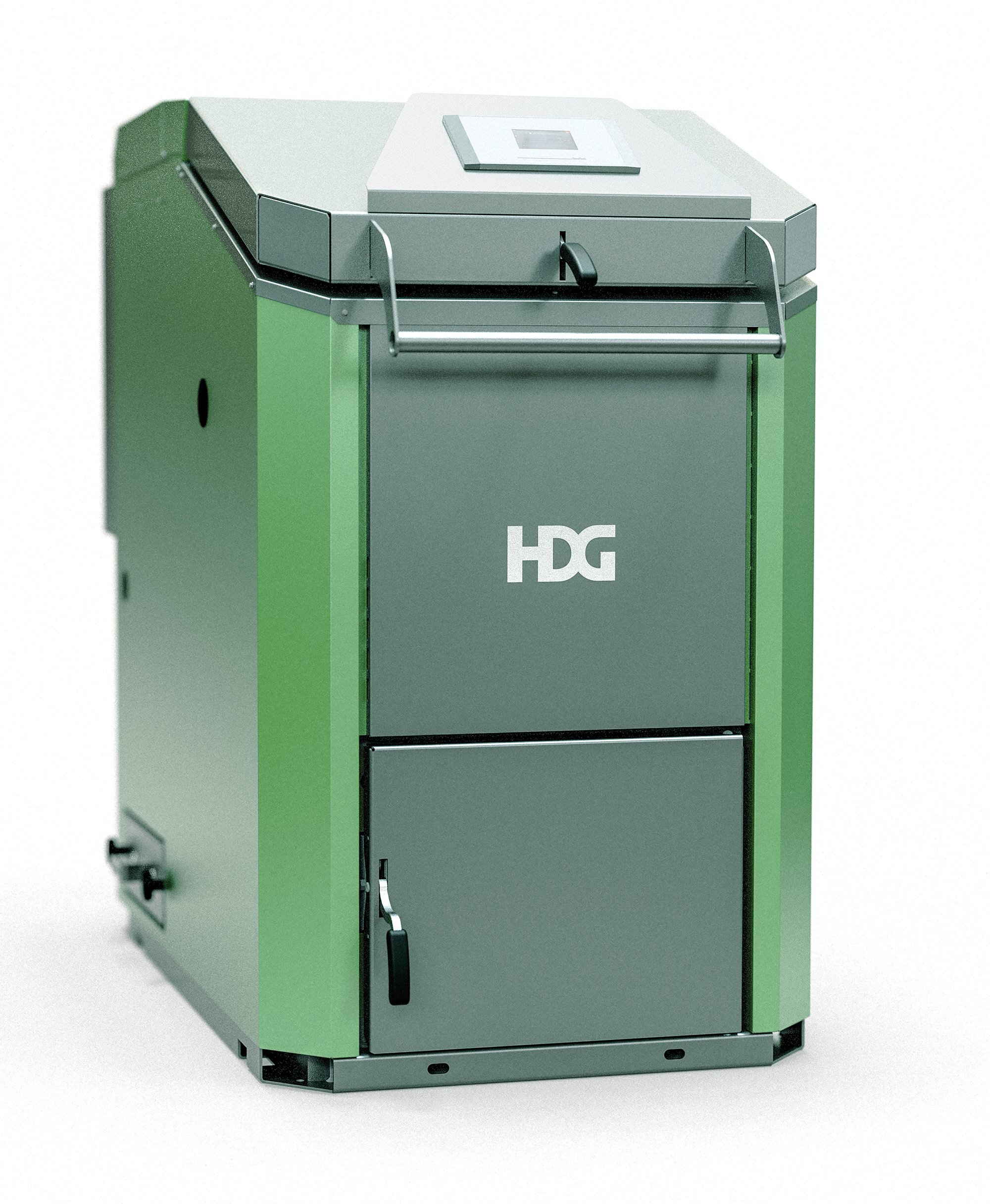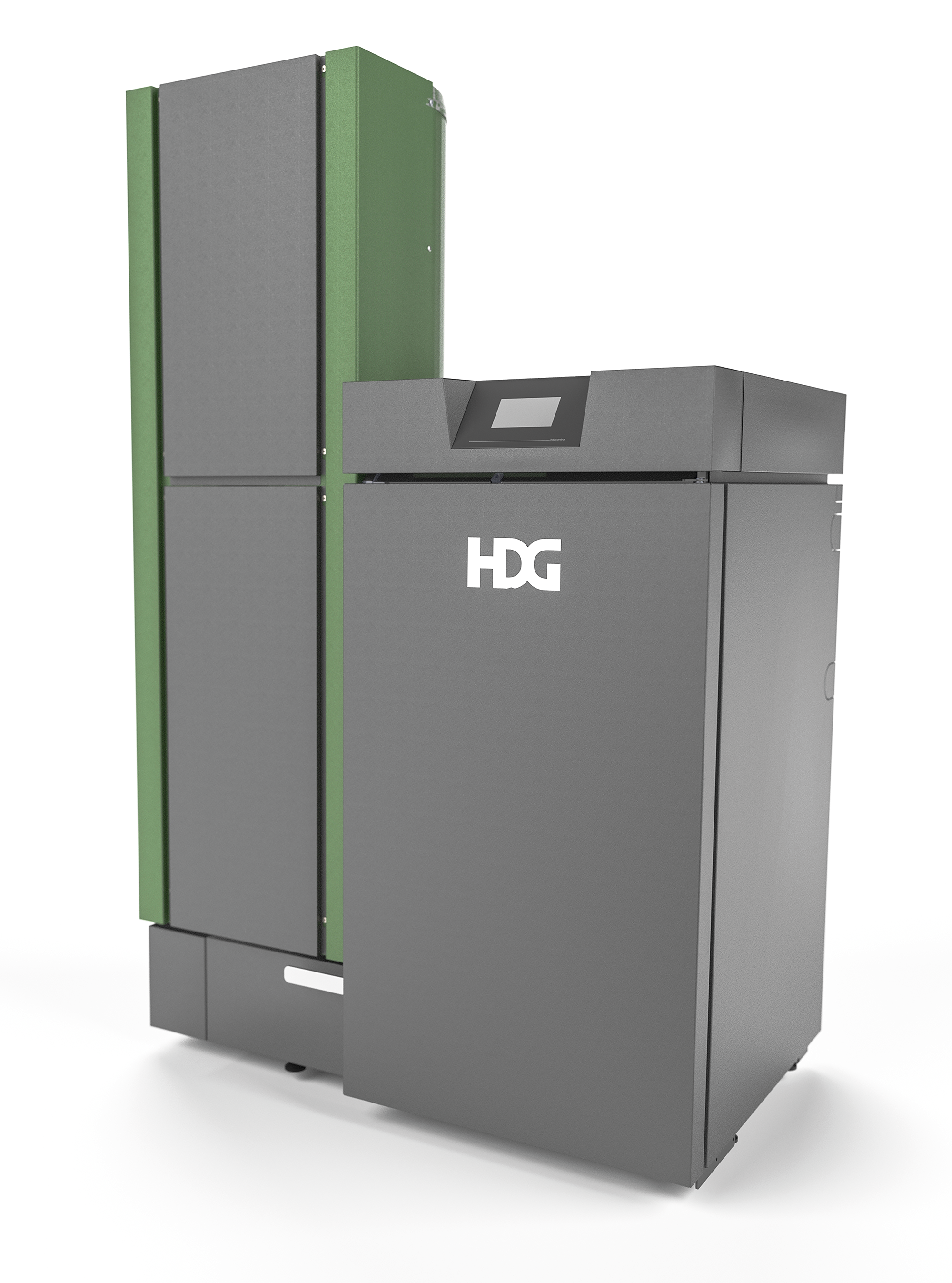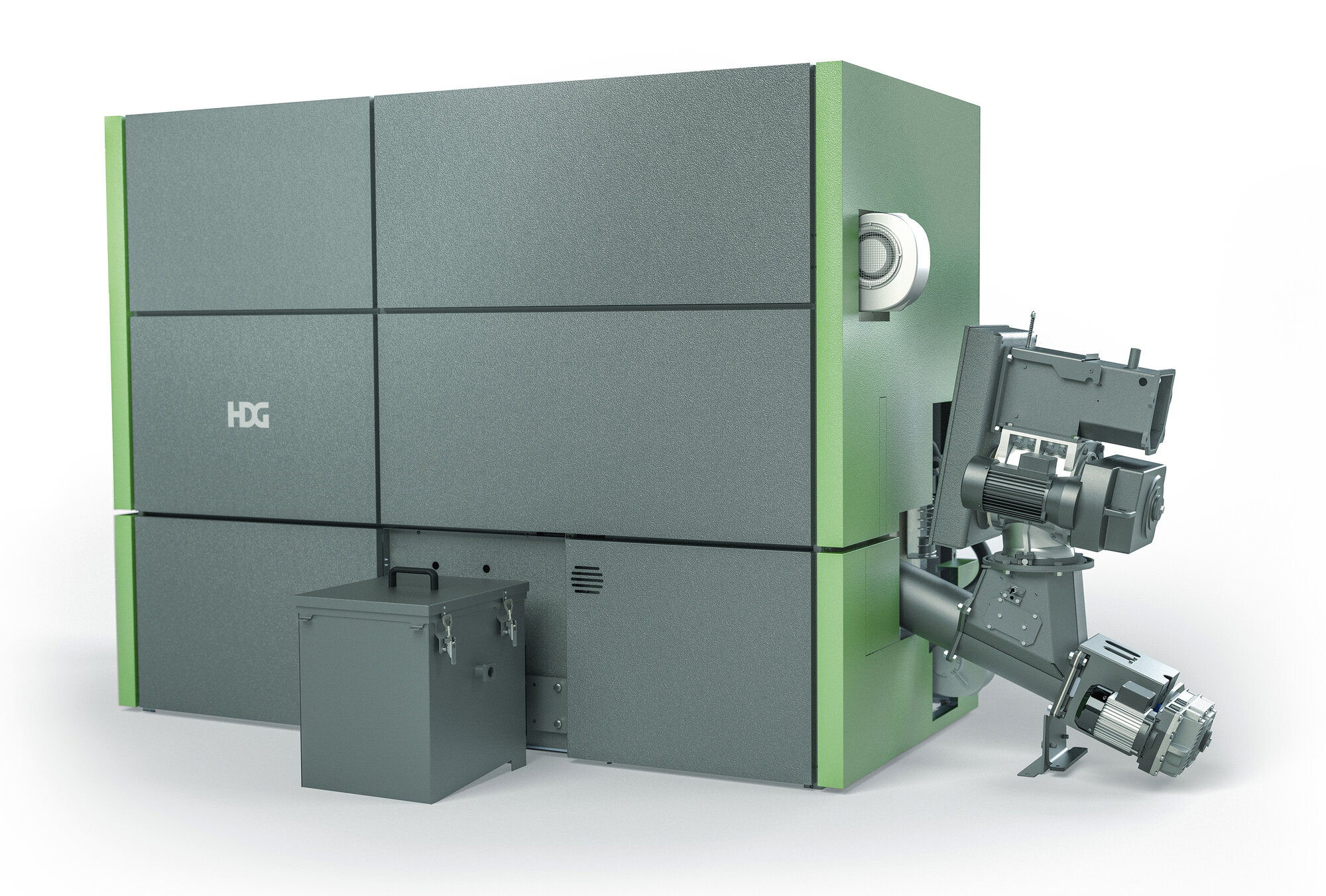Holistic Approach to Energy
A Holistic View of Renewable Energy: Biomass, Heat Pumps, Solar Water Heating, and Solar PV
As the world shifts towards more sustainable and environmentally friendly energy solutions, many people are exploring how to combine different types of renewable energy to meet their heating, electricity, and hot water needs. A holistic approach to renewable energy not only maximizes efficiency but also reduces dependence on fossil fuels, lowers carbon emissions, and creates a more resilient and self-sufficient energy system.
By integrating technologies such as biomass boilers, heat pumps, solar water heating, and solar PV systems, homes and businesses can generate clean, renewable energy year-round, optimizing energy use and significantly reducing running costs. Here's how these technologies work together to create a balanced and comprehensive renewable energy solution.
1. Biomass Heating: Sustainable Heat from Organic Material
Biomass heating is an effective and renewable way to generate heat by burning organic material, typically in the form of wood logs, pellets, or chips. Biomass boilers can be used to provide heating and hot water for both domestic and commercial properties.
- How it works: Biomass boilers convert the energy stored in wood into heat, which is then used to warm water or air. Modern biomass systems are highly efficient, with advanced combustion controls that ensure clean and optimal burning.
- Benefits: Biomass is a renewable source of energy, as trees and other plants can be replanted and regrown. Biomass heating can significantly reduce carbon emissions compared to fossil fuels, as the CO2 released during combustion is offset by the carbon absorbed by trees during their growth.
- Integration: Biomass boilers can serve as the primary heating source or work in conjunction with heat pumps and solar water heating to provide consistent and reliable heat throughout the year.
2. Heat Pumps: Harnessing the Earth’s and Air’s Energy
Heat pumps are an incredibly efficient way to heat your home or business by transferring heat from the air, ground, or water to provide warmth during the colder months and cooling during the summer. There are two main types of heat pumps: air-source heat pumps (ASHPs) and ground-source heat pumps (GSHPs).
- How they work: Heat pumps extract heat from natural sources, either from the outside air (ASHP) or the ground (GSHP), and transfer it into a building’s heating system. They use electricity to move heat rather than generate it, making them extremely energy-efficient.
- Benefits: Heat pumps can deliver up to four times more energy in the form of heat than they consume in electricity, making them a cost-effective and low-carbon solution. They are ideal for maintaining a steady and comfortable indoor temperature.
- Integration: Heat pumps can be paired with solar PV systems to further reduce electricity costs, while their efficiency complements the steady heat provided by biomass boilers, ensuring homes and businesses have a continuous supply of heat.
3. Solar Water Heating: Clean Hot Water from the Sun
Solar water heating (SWH) systems use the sun’s energy to heat water, which can be used for domestic hot water needs, such as bathing, washing, and heating swimming pools.
- How it works: Solar panels (also known as collectors) are installed on the roof to absorb sunlight. This heat is transferred to a fluid that circulates through the system, warming the water stored in a tank.
- Benefits: Solar water heating can provide up to 70% of your hot water needs, especially during the sunnier months, reducing the need for other energy sources like gas or electricity. It’s an effective way to cut energy bills and lower your carbon footprint.
- Integration: SWH systems work well with both biomass boilers and heat pumps. In the winter, when solar radiation is lower, biomass or heat pump systems can take over, ensuring a continuous supply of hot water.
4. Solar PV: Generating Clean Electricity
Solar photovoltaic (PV) systems convert sunlight directly into electricity, providing a renewable and clean energy source for homes and businesses. Solar PV panels can be installed on rooftops or mounted on the ground.
- How it works: Solar PV panels use sunlight to generate direct current (DC) electricity, which is then converted into alternating current (AC) through an inverter. This electricity can be used to power appliances, lighting, and heating systems or stored in batteries for later use.
- Benefits: Solar PV reduces electricity bills, lowers reliance on the grid, and produces zero emissions. When combined with energy storage solutions like batteries, solar PV can provide electricity even when the sun isn't shining.
- Integration: Solar PV systems complement heat pumps perfectly, as they can generate the electricity needed to power the heat pump. Excess electricity produced during the day can be stored or exported back to the grid, increasing energy independence.



The Power of Combining Renewable Energy Sources
By adopting a holistic approach that integrates biomass boilers, heat pumps, solar water heating, and solar PV systems, property owners can create a comprehensive and sustainable energy solution. Each technology has its own strengths, and when used together, they provide a more balanced and efficient way to generate heat, hot water, and electricity.
- Year-round efficiency: While solar technologies are most effective during sunny months, biomass and heat pumps can pick up the slack in colder or cloudier seasons, ensuring consistent energy supply.
- Cost savings: Combining renewable energy systems can drastically reduce energy bills and, when coupled with government incentives like the Renewable Heat Incentive (RHI) and Smart Export Guarantee (SEG), these savings become even more significant.
- Lower environmental impact: A holistic renewable energy solution reduces reliance on fossil fuels, minimizes carbon emissions, and supports a transition to cleaner, greener energy.
Conclusion
Taking a holistic view of renewable energy is key to achieving a sustainable, cost-effective, and resilient energy system. By leveraging the unique benefits of biomass, heat pumps, solar water heating, and solar PV, homeowners and businesses can enjoy reliable, renewable energy throughout the year while reducing their environmental footprint and securing their energy future.
Embrace the future of energy by exploring how these renewable technologies can work together for a cleaner, more efficient world.
How do I find out more?
If you are interested in discussing your situation further, then please call us on



